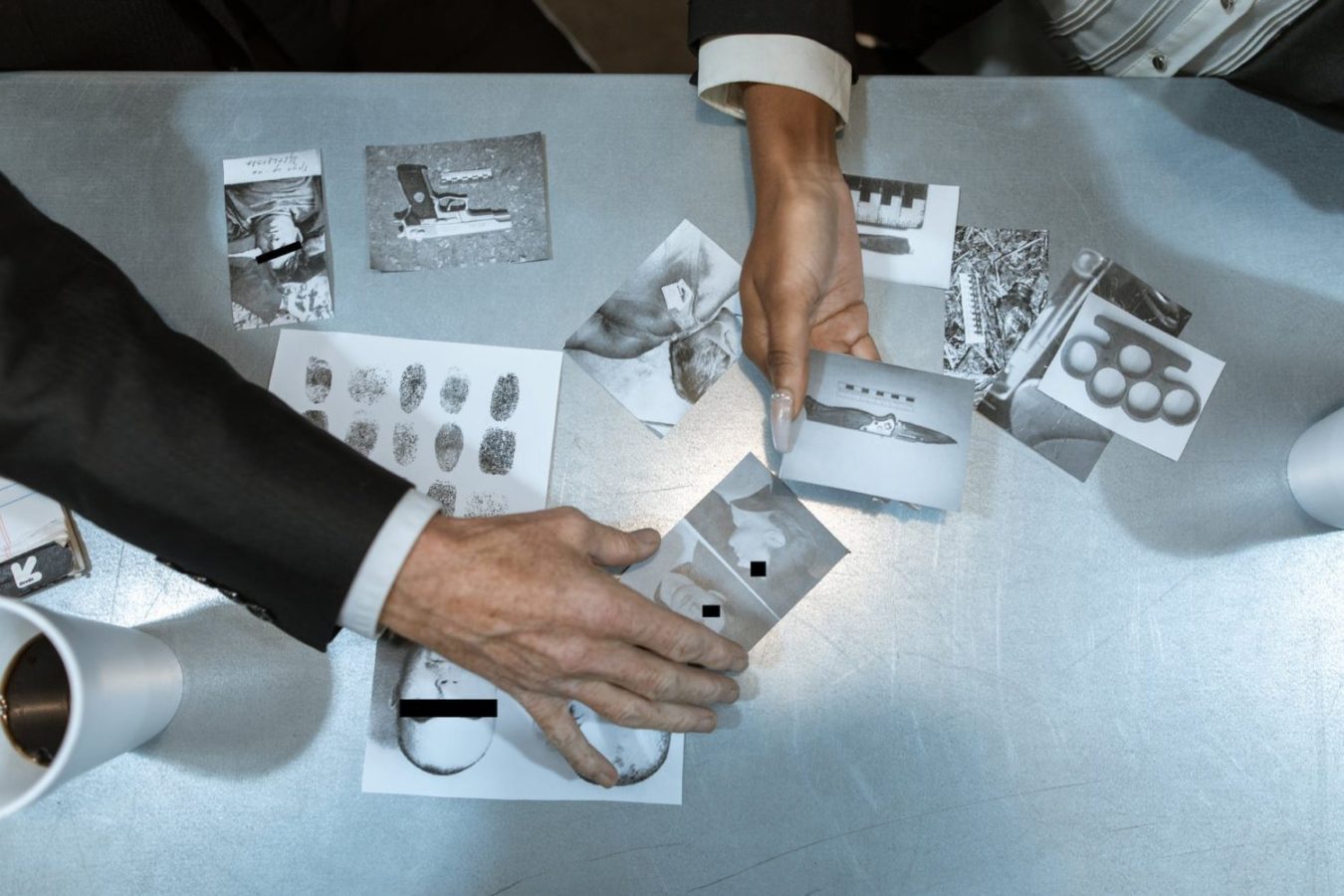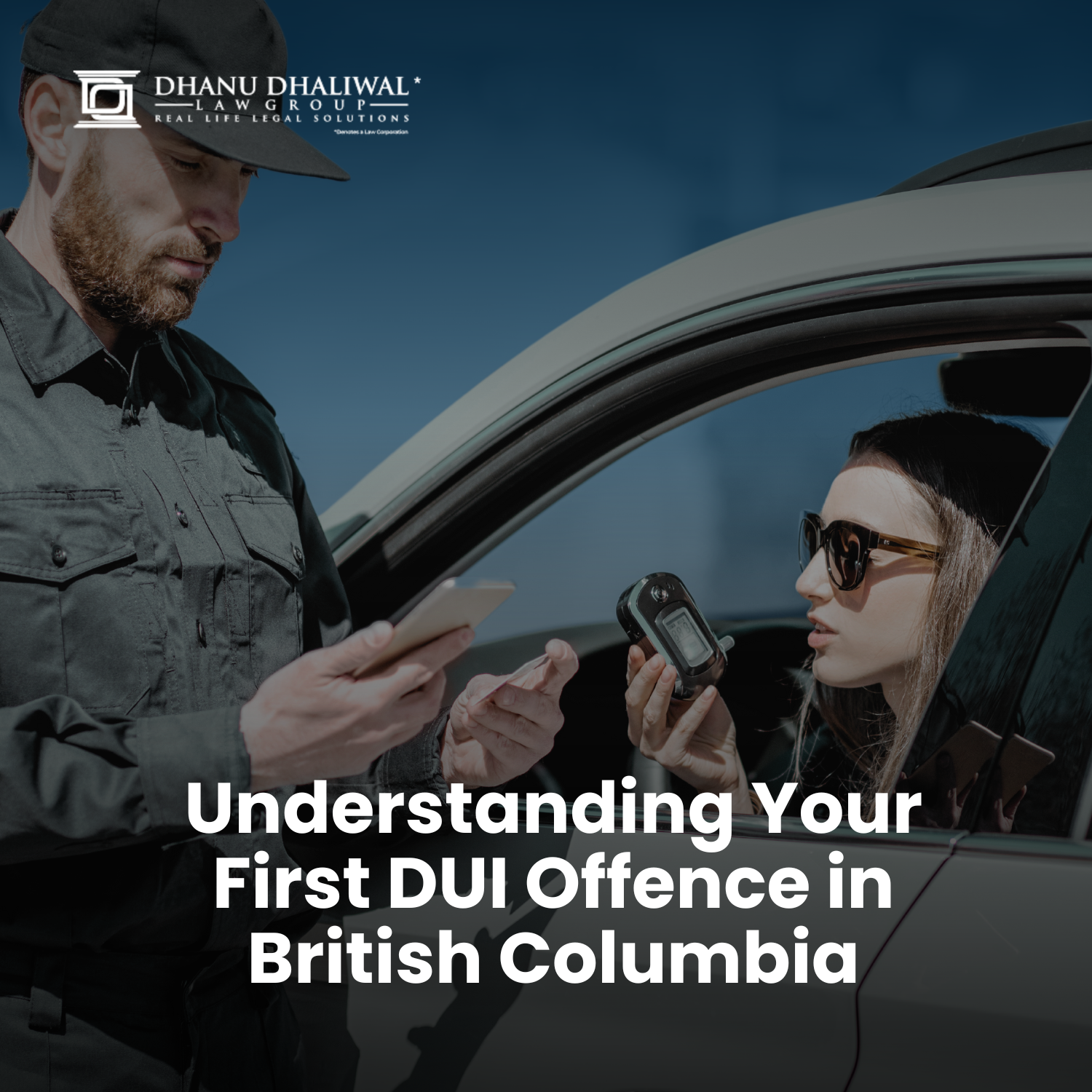From 21 Jump Street to Reservoir Dogs, the undercover cop trope has embedded itself into pop culture. We’re all familiar with the concept, but many are not aware of the practical applications of undercover police work in real life.
Undercover police work has been the basis of many criminal cases here in British Columbia, and in the rest of Canada.
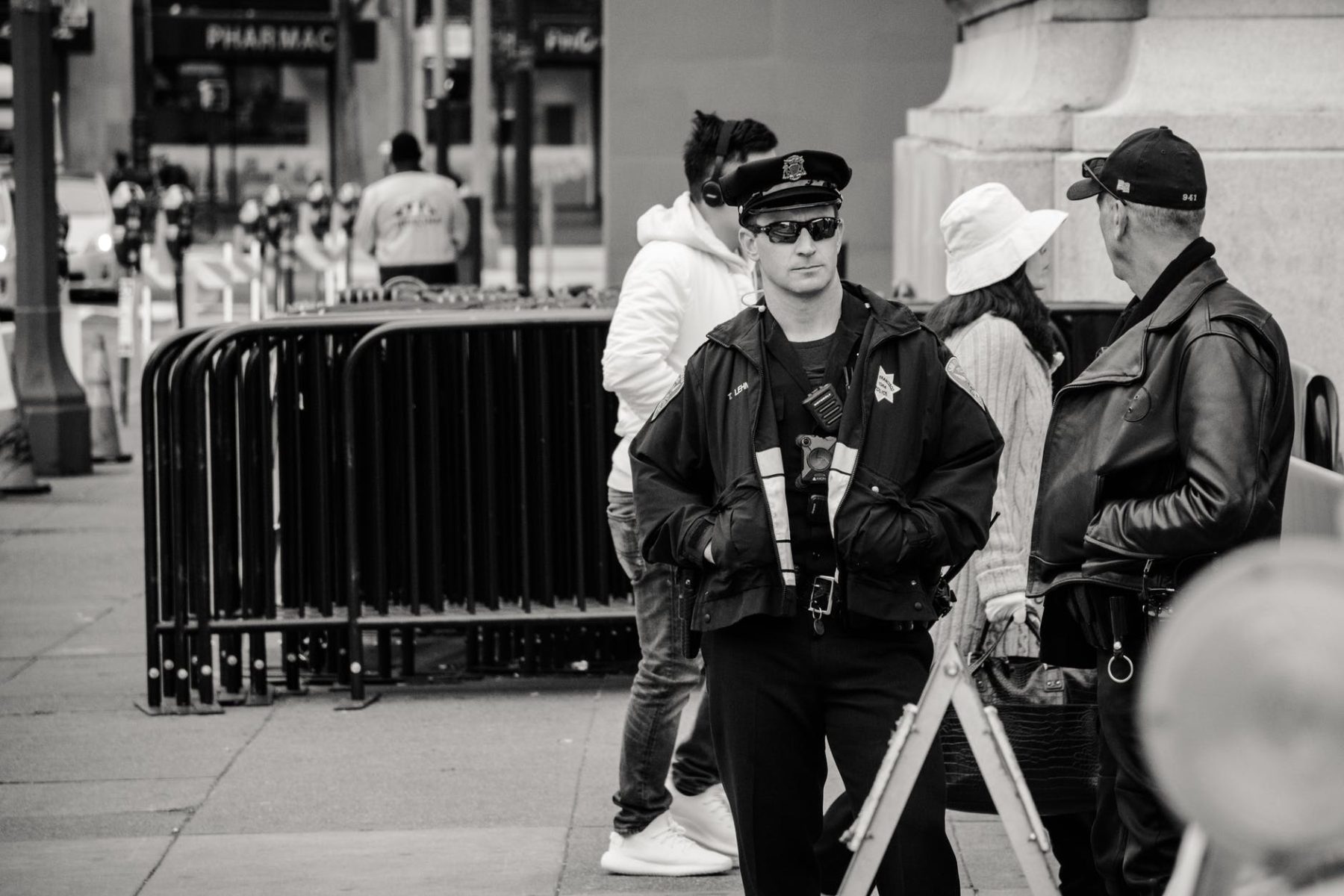
One undercover technique, known as the Mr. Big police investigation, has come under much scrutiny in the past. Since its inception in the early 90s, it has been used in over 350 criminal cases, with varying results.
Mr. Big, also known as the Canadian Technique, is used primarily in cold cases – crimes that have not been resolved and have “gone cold.”
Unlike in the movies, Mr. Big police investigations do not send one or two undercover officers out to solve a crime. This investigation uses dozens of officers to catch one specific suspect.
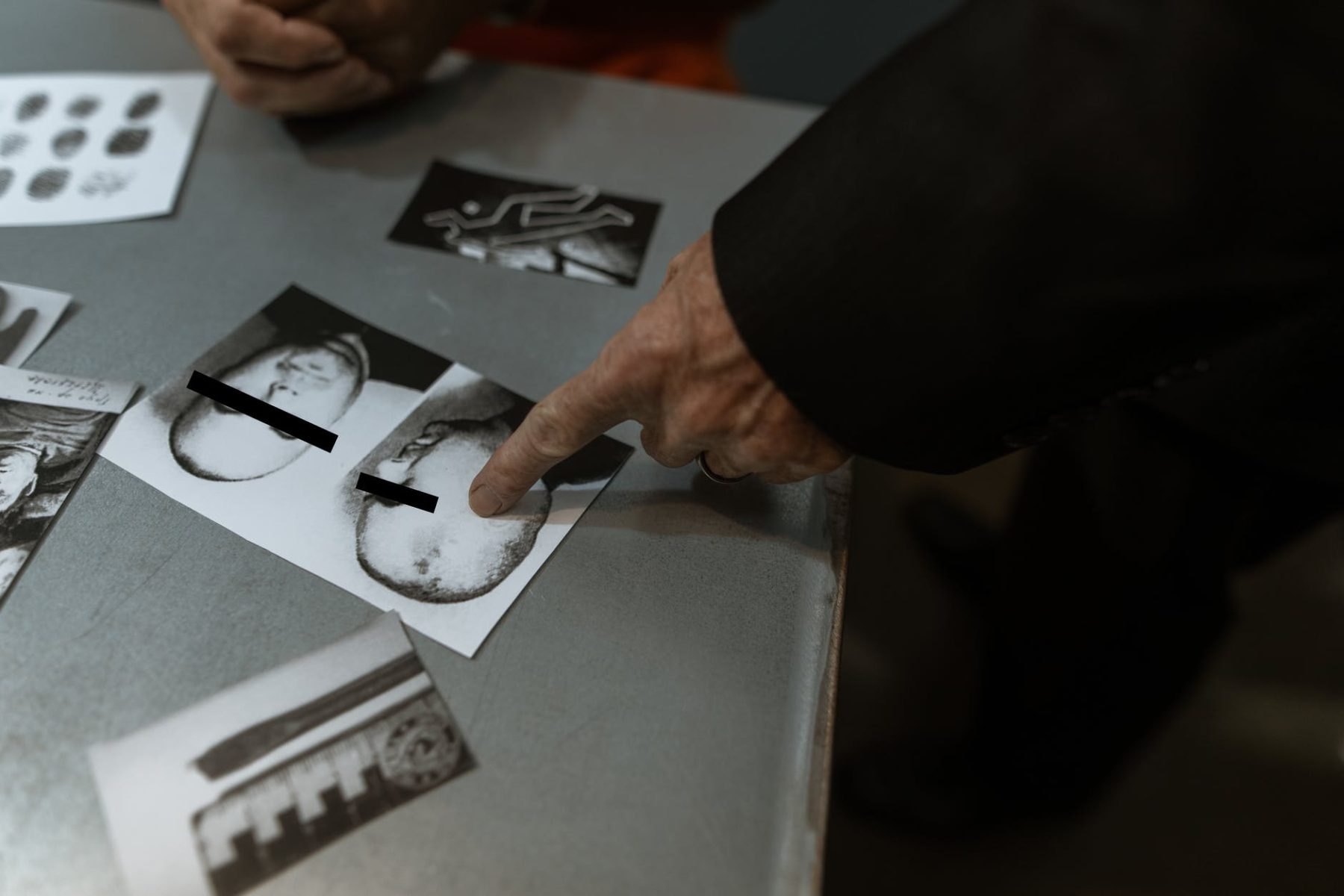
How the Mr. Big Police Investigation Works
Once police have identified a suspect, an elaborate ruse is created by police. Police fabricate an entire fictional crime syndicate, with hierarchies, gang members, and a crime boss known as Mr. Big (in practical application of the technique, this boss or kingpin is not referred to as “Mr. Big,” but by a unique chosen name). In some Mr. Big stings, as many as 50 operatives are involved in the fabricated syndicate. All of these parts are played by undercover police officers.
Typically, one member of this group will meet the suspect under seemingly random and ordinary circumstances. In many cases, this is done by asking a small favor of the suspect, which is then repaid in entertainment, gifts, companionship, meals, and eventually employment.
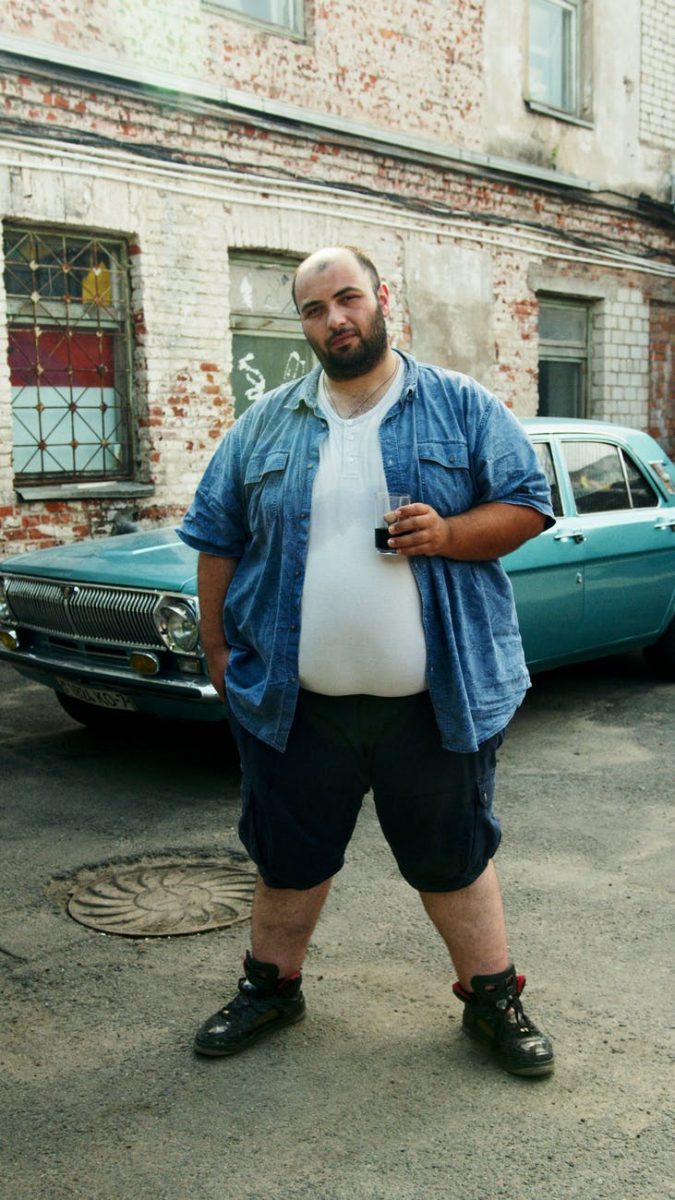
Once “employed” by the organization, the suspect is given petty tasks that simulate real crimes. They are often expected to count cash, make deliveries, or collect product from other operatives. None of the crimes simulated by the organization are real – operatives use fake drugs, for example, in many Mr. Big operations. Despite this, the suspect does not know that they are working for a fake criminal enterprise.
Eventually, the suspect is promoted up the chain until they are expected to meet with the kingpin, Mr. Big, who is typically a trained police interrogator. Mr. Big then leverages his power over the suspect to obtain an admission of guilt. He generally does this by reassuring the suspect that they are a promising new recruit, but they cannot be fully trusted unless they divulge an incriminating personal secret.
Once this admission is given, operatives can arrest the suspect.
This process, from identifying the suspect to making an arrest, can take several months or more.
Criticisms of Mr. Big Sting Operations
The Mr. Big police investigation technique has come under much scrutiny in the past.
The Royal Canadian Mounted Police (RCMP) claim that the person of interest in a Mr. Big sting was either cleared or charged in 75% of cases (the rest remaining unresolved and requiring further investigation). Of the cases prosecuted, however, an estimated 95% result in a conviction.
Kate Puddister describes some of the most common criticisms of the Mr. Big technique in an opinion piece in The Tyee:
“The Mr. Big tactic has been subject to a great deal of criticism. The tactic raises issues about the truthfulness of a confession, the use of public resources and the ethical conduct of the police.
Critiques of the Mr. Big technique stem from concerns over the legal rights of the accused and the reliability of the confession. In many cases, those concerns hold weight. However, in the interest of a fair justice system, we should also be concerned about the use of Mr. Big from the perspective of victims, their families and their communities.
Victims and their families deserve a thorough and forthright investigation by police. It is not in the interest of victims to have evidence gathered through a Mr. Big investigation that will likely be viewed as suspect at best – or excluded from the trial, at worst.”
Top Criminal Defence Lawyers in British Columbia
While it’s unlikely that Canadian police will use these techniques against you, it is important to know the lengths police will go to in order to make an arrest.
We don’t condone criminal activity of any kind, but if you have been convicted of a crime or are under investigation for a crime, you need a professional to help you.
You don’t want to go up against the Justice system by yourself and alone, because more than likely you will lose…and lose big.
Fortunately you found the lawyers at Dhanu Dhaliwal Law Group, who are experts at defending criminal cases in British Columbia.
One of the founders of Dhanu Dhaliwal Law Group, Rob Dhanu, worked for the Justice Department as a Crown Prosecutor and has a long history of prosecuting criminal cases.

